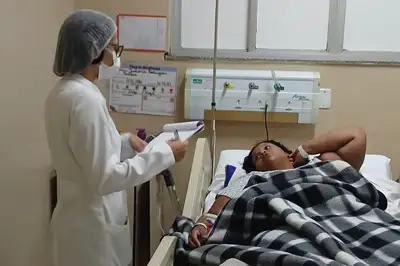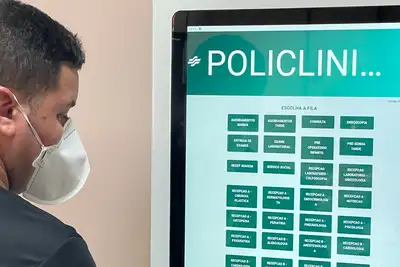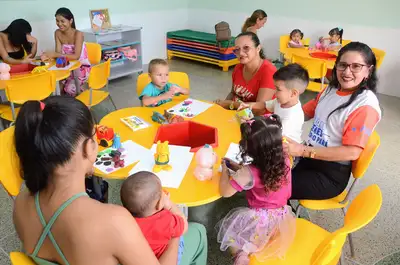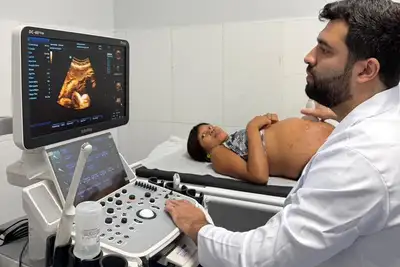Sespa reinforces care and prevention of syphilis
The infection, which can be transmitted through unprotected sexual intercourse and from mother to baby during pregnancy or childbirth, requires early diagnosis and appropriate treatment to avoid complications
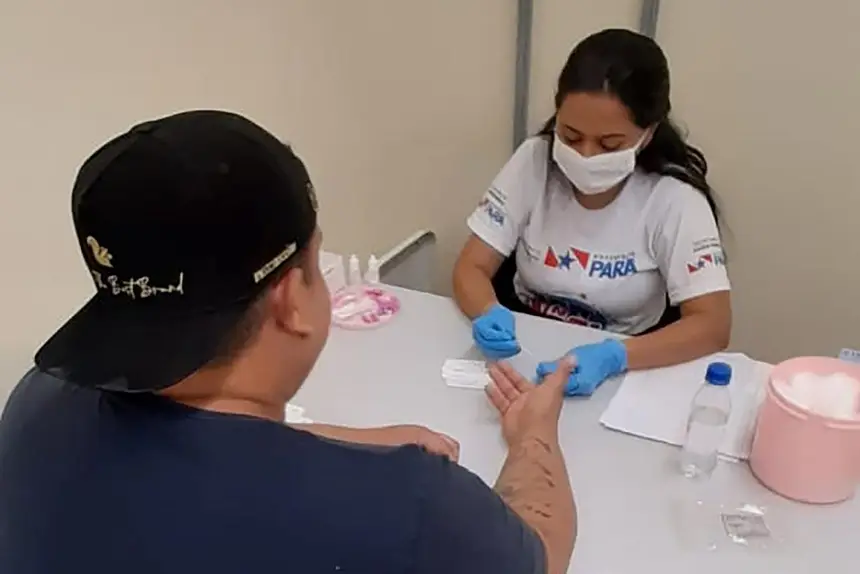
The State Department of Public Health of Pará (Sespa), through the State Coordination of STI/Aids, reinforces the importance of care and prevention against syphilis, a Sexually Transmitted Infection (STI) caused by the bacterium Treponema pallidum pallidum, on the National Day for Combating Syphilis and Congenital Syphilis, celebrated this Saturday (18). The disease is transmitted mainly through unprotected sex and vertical transmission, when the infected pregnant woman transmits the bacterium to the baby during pregnancy or childbirth.
Manifestations and stages of the disease
Acquired syphilis can manifest in different clinical stages: primary, secondary, latent, and tertiary — with varying symptoms and severities.
Primary syphilis is characterized by the appearance of a genital ulcer (hard chancre), usually singular, painless, without itching or discharge, which disappears spontaneously between 3 and 8 weeks, possibly accompanied by swollen lymph nodes in the affected area.
Secondary syphilis presents lesions on the skin and mucous membranes (roseola, mucous plaques, flat condylomas), localized hair loss, fever, muscle aches, as well as possible neurological, ocular, and hepatic complications.
Latent syphilis (asymptomatic phase) shows no visible signs of the disease. Most cases are in this stage, which reinforces the importance of rapid testing for early diagnosis.
Tertiary syphilis occurs years after the initial infection and can cause severe lesions on the skin, bones, cardiovascular system, and nervous system.
Congenital syphilis - Congenital syphilis occurs when the infection is transmitted from mother to baby. The early form, up to two years of age, can cause enlargement of the liver and spleen, skin lesions, bone alterations, and nasal inflammation with discharge.
The late form, from two years onwards, includes the so-called Hutchinson's triad, which consists of: serrated incisors, deafness, and ocular keratitis, in addition to bone deformities and developmental delays.
Free diagnosis and treatment through SUS
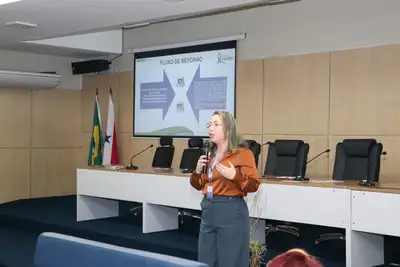
According to the reference technician in syphilis at Sespa, Charliana Aragão, the diagnosis and treatment of acquired syphilis, in pregnant women and congenital cases — are available free of charge in the Unified Health System (SUS).
“The first step is rapid testing, offered at any basic health unit or at Testing and Counseling Centers (CTA/SAE). The drug of choice for treatment is Benzylpenicillin, administered according to medical or nursing guidance,” explained the coordinator.
After treatment, follow-up should be done with the VDRL test, according to each case:
- People with acquired syphilis: every three months;
- Pregnant women: monthly until delivery;
- Children with congenital syphilis or exposed: at 1, 3, 6, 12, and 18 months of life.
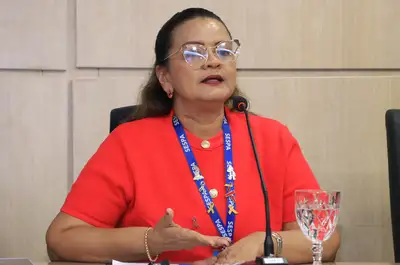
Prevention - The state coordinator of STI/Aids, Andrea Miranda, also emphasizes that the main form of prevention is the regular use of internal or external condoms. “Monitoring pregnant women and their partners during prenatal care is essential to interrupt the transmission chain and prevent congenital syphilis,” she highlighted.
Syphilis data in Pará - In the State, the recorded cases of acquired syphilis were: 3,334 in 2022, 4,459 in 2023, 4,279 in 2024, and 2,305 from January to September 2025.
Regarding syphilis in pregnant women, the records were: 3,904 cases in 2022, 3,923 in 2023, 4,195 in 2024, and 3,743 from January to September 2025.
Cases of congenital syphilis showed the following numbers: 1,291 in 2022, 1,137 in 2023, 1,439 in 2024, and 1,019 from January to September 2025.
Actions and commitments - Sespa continues to strengthen strategies for prevention, diagnosis, and treatment of syphilis in the State. On October 9 and 10, the Secretary promoted a State Meeting for the Qualification of Committees and Working Groups (GTs) to combat congenital syphilis, with workshops and lectures on qualified investigation, successful municipal experiences, and integration between surveillance, primary care, and maternity hospitals.
The event is part of the State Policy for Combating Syphilis, established by Resolution CIB No. 115/2022, and aims to improve the investigation of cases and maternal-infant care.
In addition to state actions, Sespa continuously supports and encourages initiatives developed by municipalities, reinforcing the commitment to eliminate vertical transmission of syphilis in Pará.
Text: Ascom Sespa


